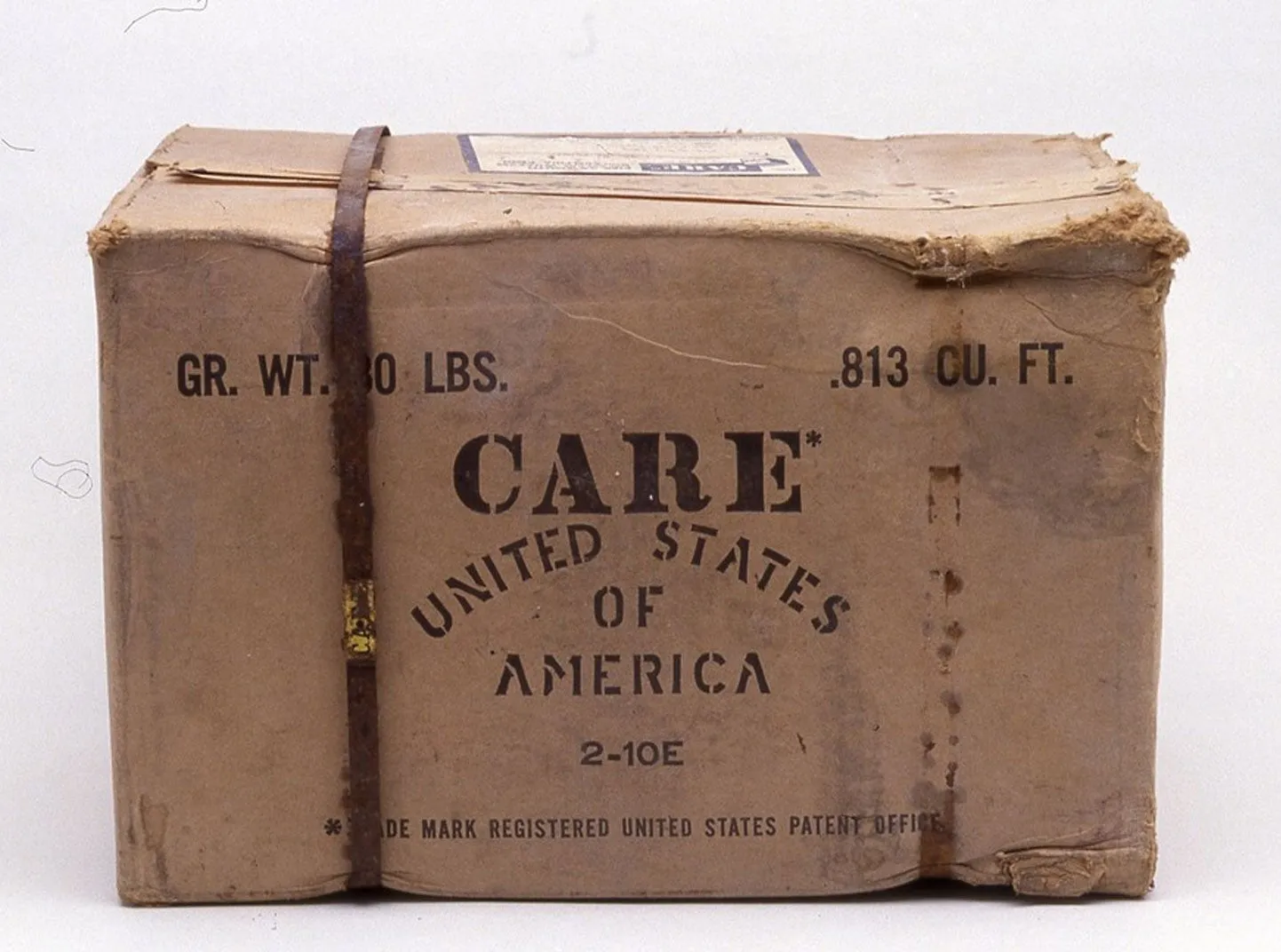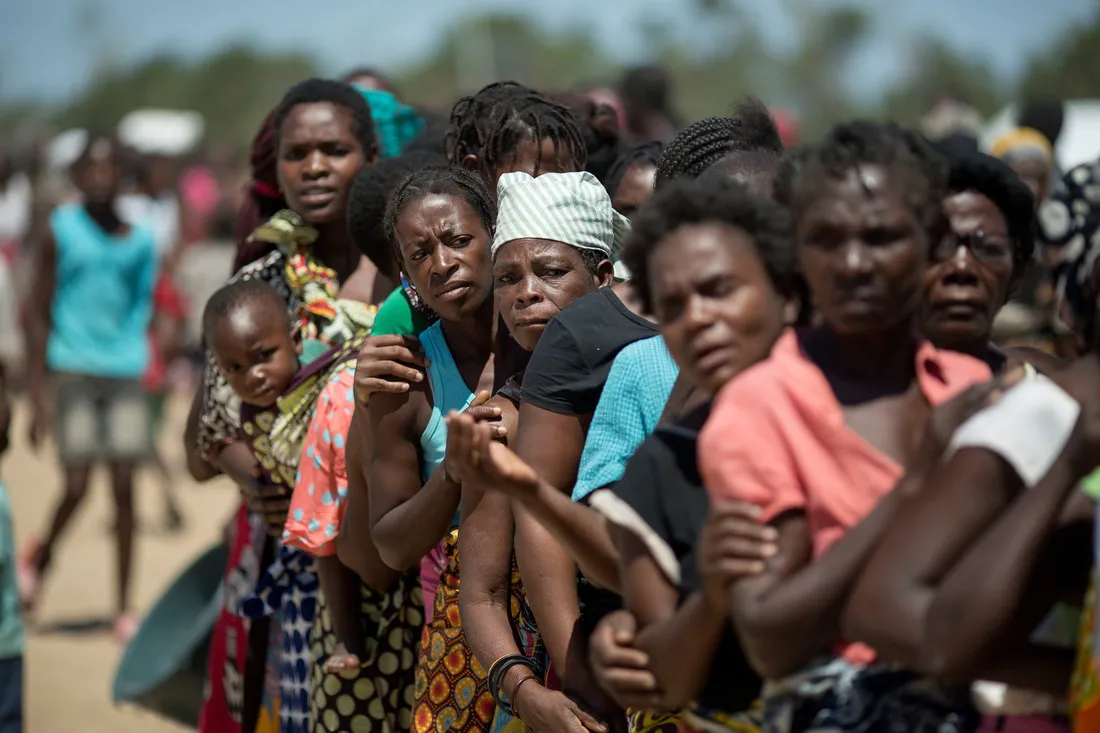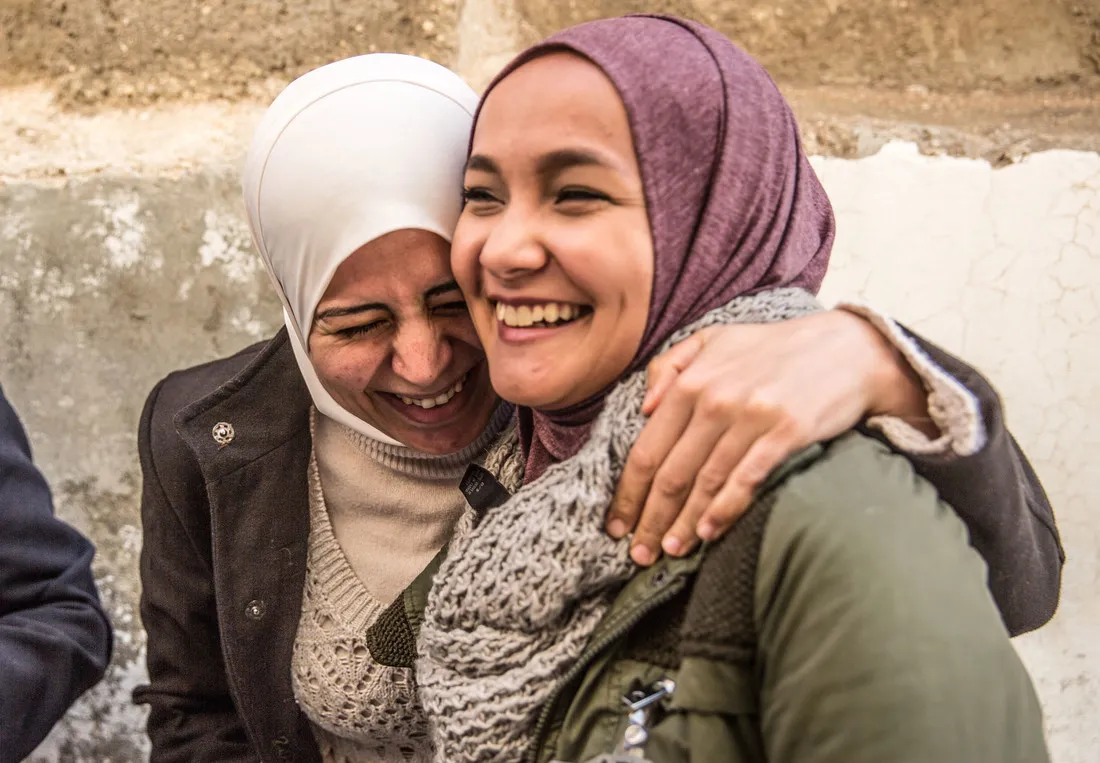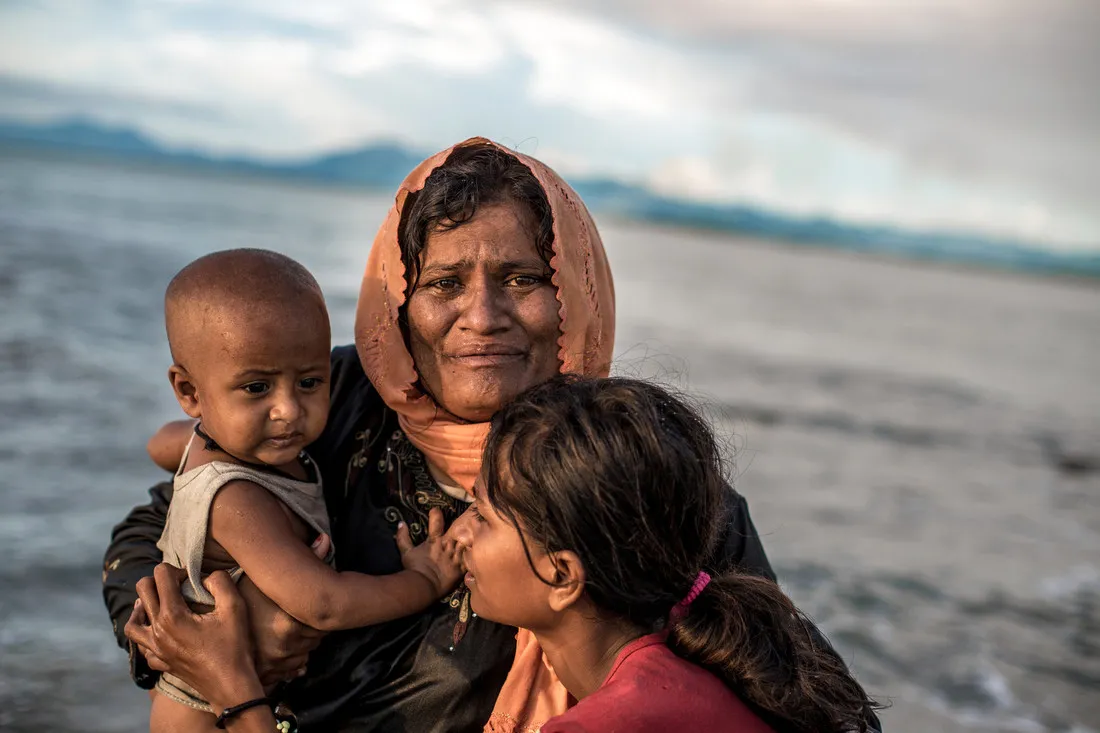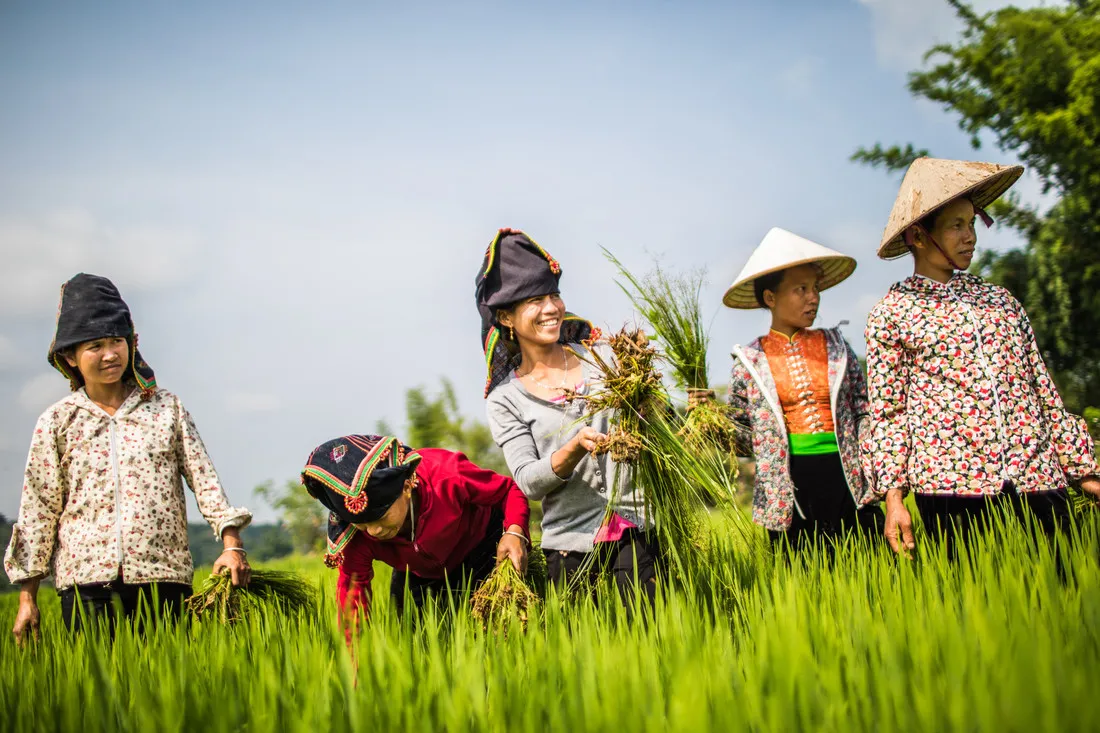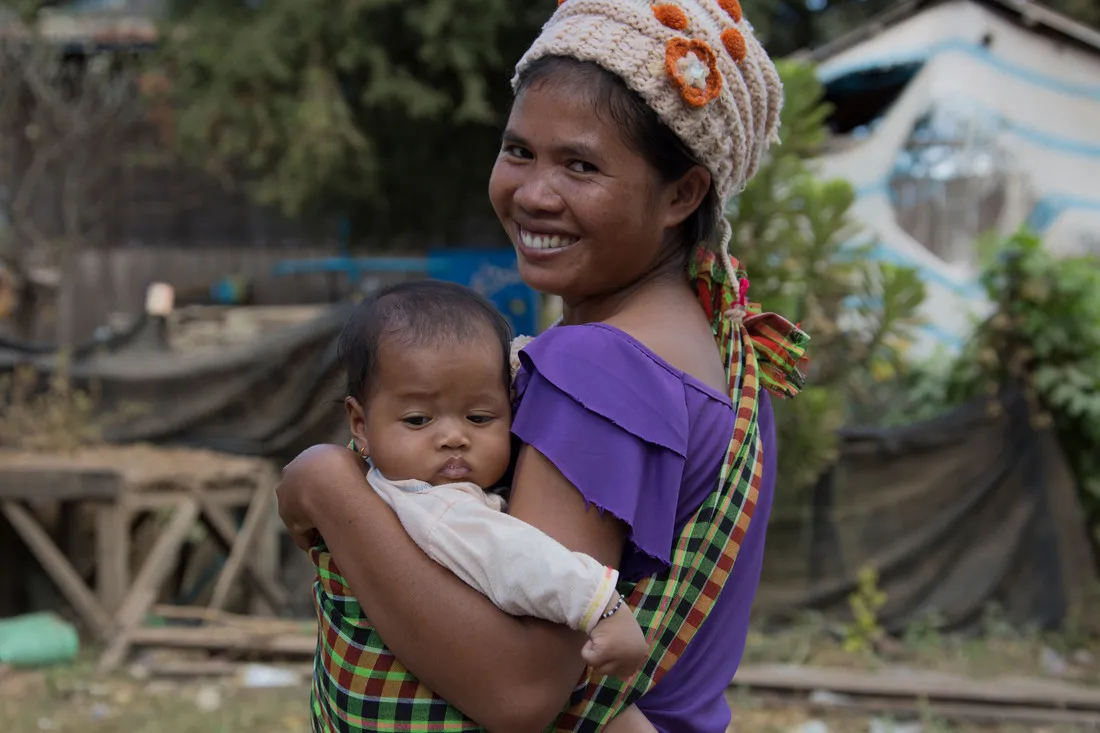U.S. international assistance
U.S. international assistance is less than 1% of the federal budget – just one penny of every tax dollar – and more than pays for itself with the safety and stability it brings to the world. Support for this funding is in America’s best interest as it promotes long-term global stability, boosts our own economy, and builds communities’ self-reliance, reducing the need for more aid in the future. By protecting this funding, U.S. leaders can help save lives and strengthen economies and security around the world and here in the U.S.
